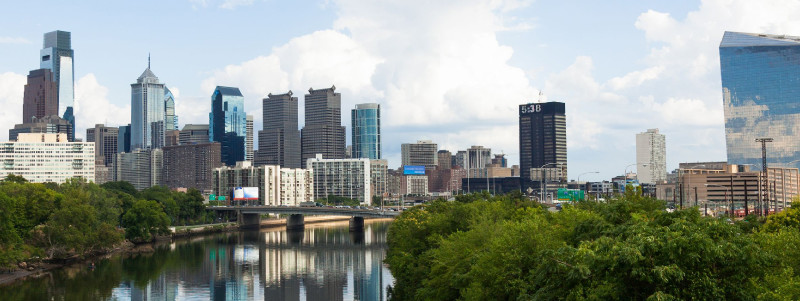
As many cities and towns are the country are dealing with illegal subletting and short term rentals by banning them, the city of Philadelphia, PA, has chosen a somewhat unusual route to handling the process of leasing them through platforms like Airbnb and VRBO. Recognizing that the city experiences space pressures when crowds come to town, the city council imposed new taxes on these rentals in 2015 before the Democratic Convention and papal visits would occur in 2016 rather than banning them.
Philadelphia Taxes Short Term Rentals
The city council legalized short term rentals but added new zoning regulation to control them by making them illegal in residential neighborhoods, set a 180-day cap per year, and established a requirement for a city license for rentals lasting more than 30 days. The biggest change is the imposition of an 8.5% hotel occupancy tax.
Airbnb, which will collect the tax expected to bring over $1 million to the general fund of the State of Pennsylvania, is pleased with the move. As Josh Meltzer, Airbnb regional director of public policy, put it to the Inquirer, “This agreement allows the state of Pennsylvania to harness the economic impact of home sharing while also making it easier for Airbnb hosts – the vast majority of whom are middle-class people sharing their own home – to comply with state tax laws.”
While the hotel industry still regards Airbnb as unwanted competition, the Inquirer also notes that tax pleases Edward R. Grose, the Greater Philadelphia Hotel Association’s executive director.”Our hotel tax funds the Convention Center, Visit Philadelphia, and the Philadelphia Convention and Visitors Bureau. We felt that Airbnb properties benefit from those resources, so they should also pay the hotel tax.”
Landlords in Philadelphia need to figure out if their tenants are illegally offering short term rentals on sites like Airbnb. They can use monitoring tools for this process, to rest easy about their properties, and contribute to a better standard for Philly neighborhoods.
